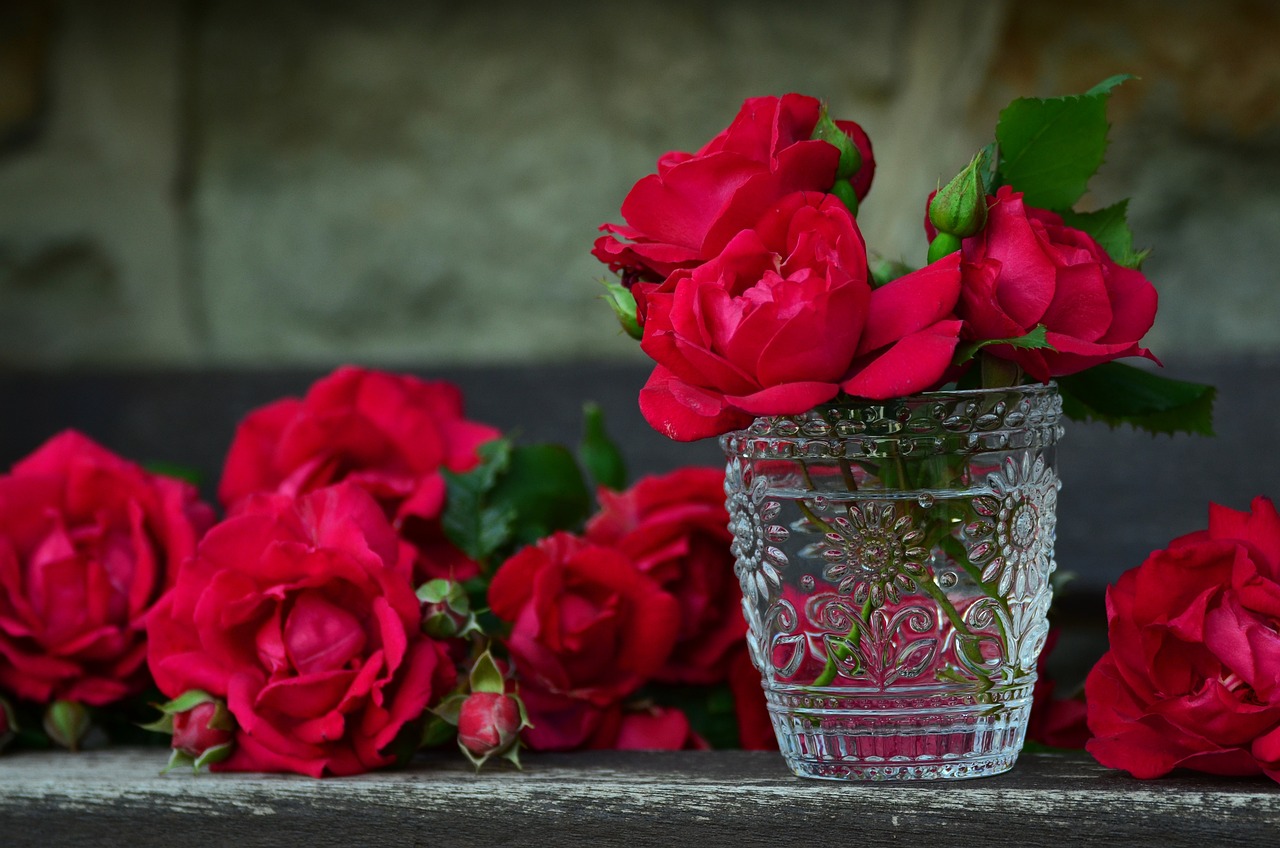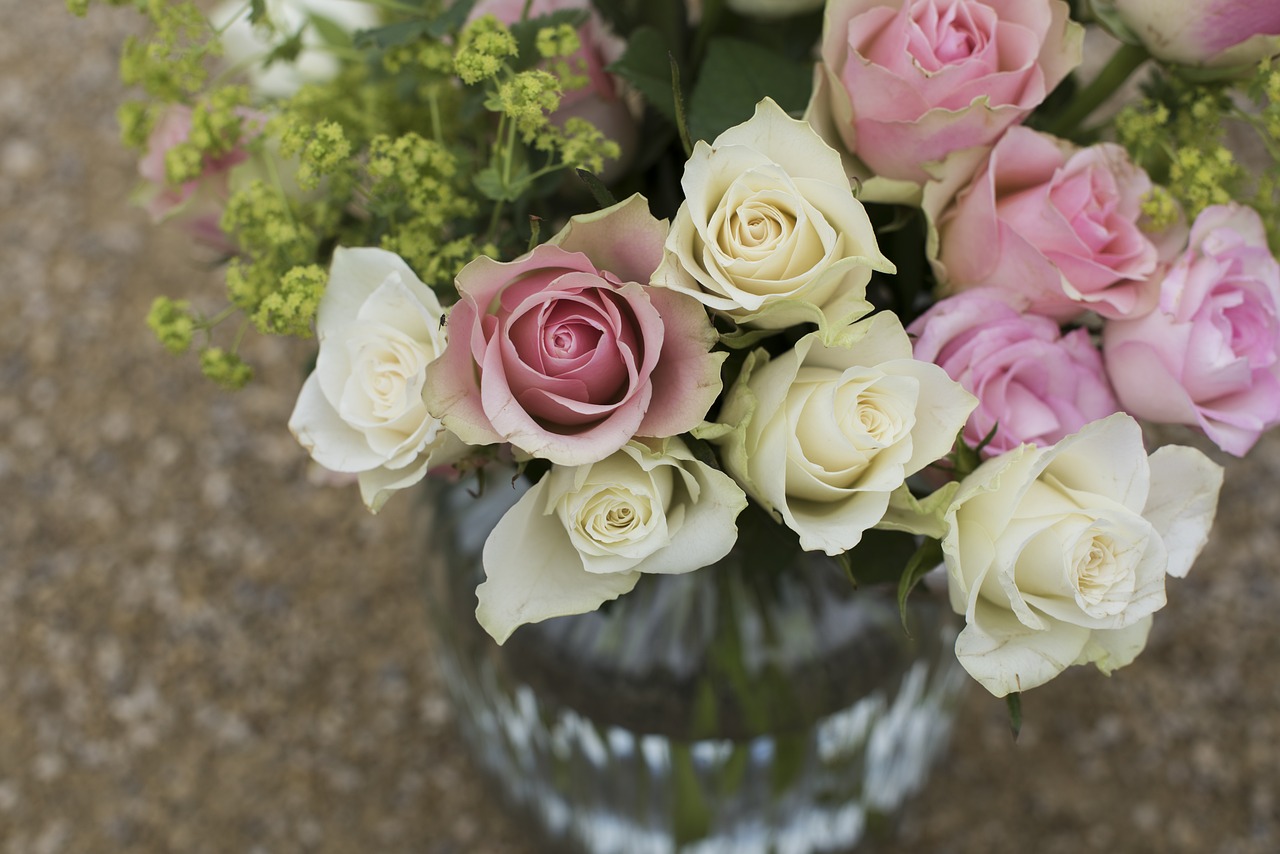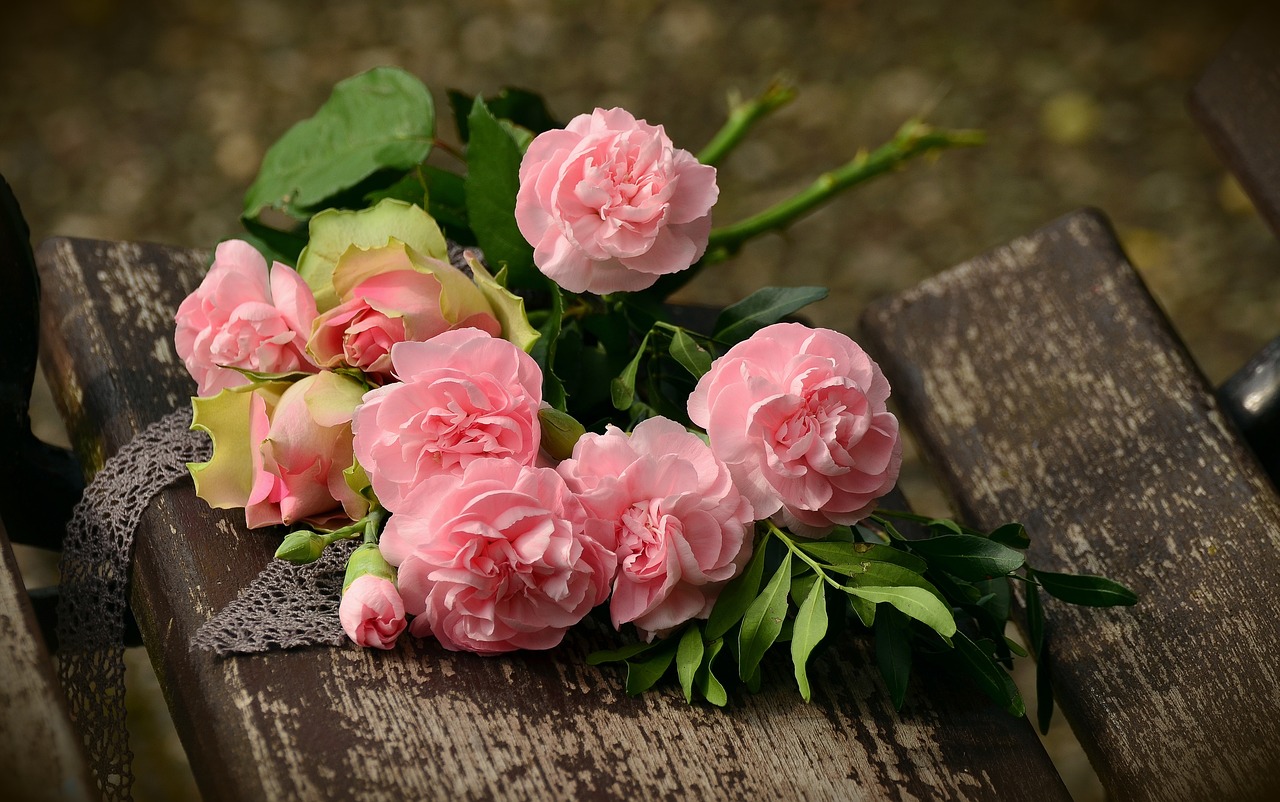The History Of Roses - Cultural Significance Around The World
With a history spanning thousands of years, roses embody both elegance and complexity. Each culture interprets their symbolism uniquely, enriching our understanding of this remarkable flower.
Nov 03, 20247.1K Shares111.4K Views

Roses possess an extraordinary mystery and unparalleled beauty that have captivated humanity for centuries. Their history and symbolism are rich, inspiring joy and evoking deep emotions. In every culture, roses have their own unique meanings and uses, embodying themes of love, purity, and even conflict.
Overview Of Roses In History
The origins of roses date back thousands of years, intertwining with various civilizations. People often ask, “Where are roses from?” Archaeological findings, including rose fossils dating back 35 million years, reveal their long-standing significance. First cultivated around 500 BC in Asia, wild roses were used as early as 2000 BC in Iraq to produce rosewater and other fragrances.
Throughout history, roses have served multiple purposes. In ancient Greece, they were used medicinally, while Romans associated them with rejuvenation and rebirth. The rich etymology of the word "rose," derived from the Latin "rosa" and Greek roots, reflects their deep cultural significance.
Importance Of Roses In Various Cultures
Roses carry immense cultural significance, often embodying emotions and valuesthat resonate deeply within societies. Here are some key interpretations of roses in different cultures:
- Western Culture: In many Western traditions, roses symbolize true, sincere, and lasting love, especially red roses.
- Japanese Culture: Roses represent exquisite beauty and elegance, often celebrated in poetry and art.
- Persian Culture: The symbolism of roses is rich with mystical and creative meanings, reflecting love and beauty.
- Christian Culture: Roses embody purity and grace, often associated with the Virgin Mary.
To understand the full spectrum of roses, it’s essential to explore the various types of rosesavailable. Each type brings its unique charm and significance, enhancing their cultural meanings even further.
Color Theory: Understanding Rose Symbolism
Different colors of roses convey various meanings, making them significant in interpersonal communication. Common interpretations include:
- Red Roses: Passion and romantic love.
- White Roses: Innocence and purity.
- Yellow Roses: Joy and friendship.
- Pink Roses: Elegance and femininity.
- Orange Roses: Energy and desire.
- Green Roses: New beginnings.
- Blue Roses: Mystery and secrecy.
Ancient Civilizations And Roses
Roses In Ancient Egypt
In Ancient Egypt, roses were essential symbols of power and status. Pharaohs adorned themselves with roses during rituals, and these flowers were pivotal in cosmetics believed to have rejuvenating properties. Understanding the plant developmentof roses reveals how these flowers were cultivated and cherished throughout history. Their beauty linked them to divinity, as they were often offered to gods.
Symbolism Of Roses In Ancient Greece And Rome
In Ancient Greece, roses were closely associated with Aphrodite, embodying love and devotion. The Romans revered roses as symbols of beauty and creativity. The phrase "sub rosa," meaning "under the rose," emerged during this time, indicating secrecy and confidentiality in political dealings.
Roses In Ancient China And India
In ancient China, roses symbolized luxury and wealth, often grown in gardens that reflected prosperity. In India, they held significance in religious ceremonies, adorning altars and enhancing rituals. Additionally, they were valued for their medicinal properties, used in traditional remedies.
Roses In European History
The Role Of Roses In The Middle Ages
During the Middle Ages, roses became symbols of purity, innocence, and love. Their use in religious contexts highlighted their sacred nature, often featured in ceremonies believed to bring good fortune. The medicinal properties of roses were also recognized, leading to their incorporation in health treatments.
Roses In The Renaissance Period
The Renaissance marked a revival of interest in classical ideals, with roses symbolizing beauty and elegance. Artists and poets celebrated roses in their works, portraying them as icons of love. The cultivation of roses flourished during this period, leading to exquisite gardens showcasing their splendor.
The War Of The Roses: Historical Context
The War of the Roses in England serves as a poignant historical example of roses' symbolism in conflict. This civil war represented the struggle between the Houses of Lancaster and York, each symbolized by their respective roses: the red rose for Lancaster and the white rose for York. This period of turmoil underscored how a flower could embody the stakes of political power.
Roses In Art And Literature
Roses have long been a central theme in art and literature, symbolizing love, beauty, and the complexities of human emotion.
Depictions Of Roses In Classical Art
In classical art, roses were often associated with various goddesses, symbolizing beauty and love. They appeared in sculptures, paintings, and mosaics, illustrating their significance across cultures. The Virgin Mary is frequently depicted with roses, representing purity and grace.
Roses In Literature And Poetry
Famous poets have immortalized roses in their works, intertwining them with themes of joy and sorrow. For instance, William Blake used the rose to symbolize passion gone wrong in "The Sick Rose." Each color of rose evokes different emotions, enriching the narrative and emphasizing the profound connections between nature and human experience.
The Symbolism Of Roses In Modern Art
Contemporary artists continue to explore the symbolism of roses, using them to reflect on pressing societal issues. Modern interpretations often emphasize the emotional weight that roses carry, prompting viewers to engage with their beauty and complexity.
Roses In Religion And Mythology
The Rose In Christian Symbolism
In Christianity, roses symbolize purity, love, and grace. Their varied colors reflect different meanings, with red roses symbolizing sacrifice and white roses representing innocence. The Bible and sacred texts often reference roses, reinforcing their importance in religious iconography.
Roses In Islamic Culture
Islamic culture is rich with floral symbolism, and roses are highly regarded for their beauty. In Sufism, roses represent spiritual love and beauty, often appearing in poetry and art. Gardens filled with roses are celebrated as manifestations of divine beauty.
Mythological Stories Involving Roses
Roses are woven into numerous mythological narratives. For example, Greek mythology tells of Aphrodite creating roses from her tears and the blood of Adonis, symbolizing love and loss. Roman myths also highlight the connection between roses and Venus, goddess of love and beauty.
Roses In Contemporary Celebrations And Traditions
In modern times, roses remain synonymous with love and appreciation. They play a vital role in various celebrations, including Valentine's Day, weddings, and Mother's Day. Each occasion often calls for specific colors of roses, emphasizing the emotions intended to be conveyed.
FAQs
How Can I Care For Roses In My Garden?
To care for roses effectively, ensure they receive at least six hours of sunlight daily. Water them deeply but infrequently to promote strong roots, and use well-draining soil.
What Are Some Famous Rose Festivals Around The World?
Several countries celebrate the beauty of roses with festivals. Notable examples include the Rose Festival in Portland, Oregon, which features parades and flower shows, the Feria de las Flores in Medellín, Colombia, showcasing elaborate flower displays and cultural events, and the Rose Festival in Thailand, where various rose varietiesare highlighted along with cultural performances.
Are There Any Medicinal Uses For Roses?
Roses have been used in traditional medicine for centuries. Rose petals can be brewed into tea to help with digestive issues, while rose oil is often used in aromatherapy to alleviate stress and anxiety.
What Are Some Literary Works That Feature Roses Prominently?
Roses have appeared in various literary works, including "A Rose for Emily" by William Faulkner, which explores themes of love and decay. "The Romance of the Rose" is a 13th-century French allegorical poem about love and longing.
How Do Different Cultures Perceive The Act Of Gifting Roses?
The act of gifting roses can carry different meanings across cultures. In Western cultures, red roses typically express romantic love, while yellow roses signify friendship. In some Eastern cultures, giving a bouquet of roses may emphasize respect and admiration rather than romantic intentions.
Conclusion
The history of roses is deeply intertwined with human culture, serving as symbols of love, beauty, and spirituality. From ancient civilizations to modern celebrations, roses have maintained their status as cherished flowers, each culture infusing them with unique meanings. Their beauty and significance will continue to inspire and evoke emotions, ensuring that roses remain a powerful symbol in human experience.
Latest Articles
Popular Articles

